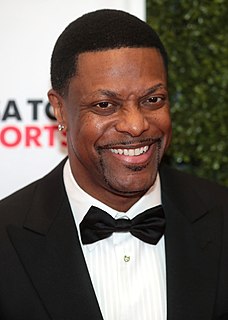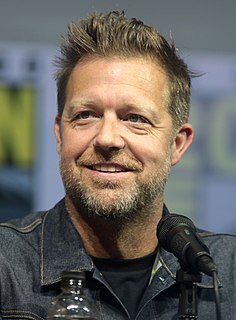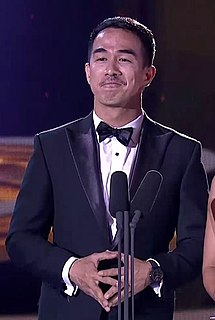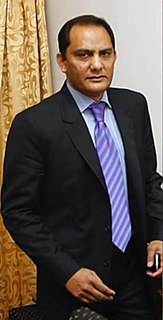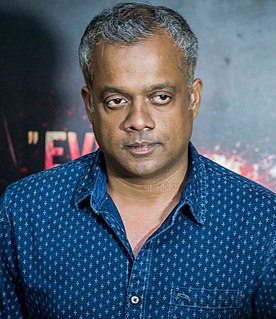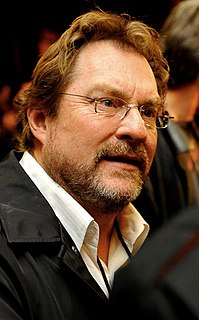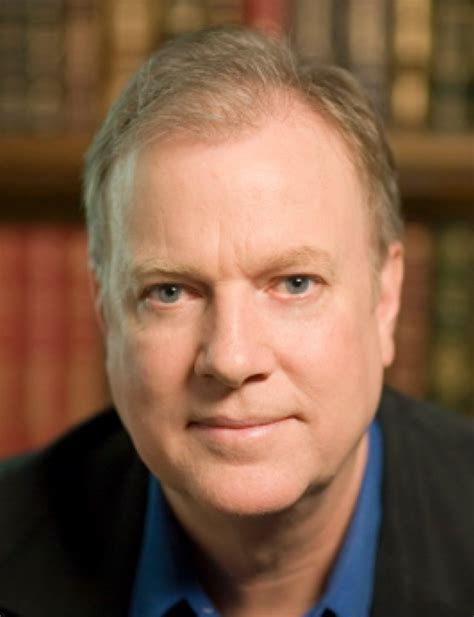A Quote by Chris Tucker
A lot of lines in movies were written, but I'm always improvising. Once you get into the scene, it just comes to me.
Related Quotes
For me, in movies, it's always a mixed bag. I've never made a movie where I thought, "You were really good in that movie; you were good all the time." No. It's always, "You didn't get it, you didn't do it in that scene, but the other scene is pretty good." So I just hope that in balance there's more good scenes than not.
I'm quite severely dyslexic so I struggle with acting in certain ways. I always have to put in triple the amount of effort, which would always frustrate me a lot. I suppose that some people can just look at a script once and know it. That's not me. I really have to spend a bit of time with the lines. But it's my job and I've got better and better at it. If you're learning a lot, things start going quicker. Doing the lines with repetition and you just get it in your head somehow.
It's funny, if you go back and look at all those old movies a lot of times they didn't have the budget for music. Each scene here was written to a different time, whether that be 'Breakfast in America' or just different soundtracks that we had for different parts of the movie. I'm interested to see how it all plays once it's all put together.
While acting in Armed Response I was always focused, just so they could see me as a peer and maybe not some idiot who's coming in from the pro-wrestling world. I'm sure they had their preconceived notions about me so I just hope that once we were finished with a scene, or finished with the movie overall, that I managed to change their perspective based on what they were expecting.
I think you get the most honest performances when an actor shows up to set with their lines memorized. That's a very important thing that a lot of people seem to forget. You have a pre-conceived notion of what you want the scene to be, but once you get there, that goes out the window and it turns out to be a way that you never imagined.
I've begun to believe more and more that movies are all about transitions, that the key to making good movies is to pay attention to the transition between scenes. And not just how you get from one scene to the next, but where you leave a scene and where you come into a new scene. Those are some of the most important decisions that you make. It can be the difference between a movie that works and a movie that doesn't.
